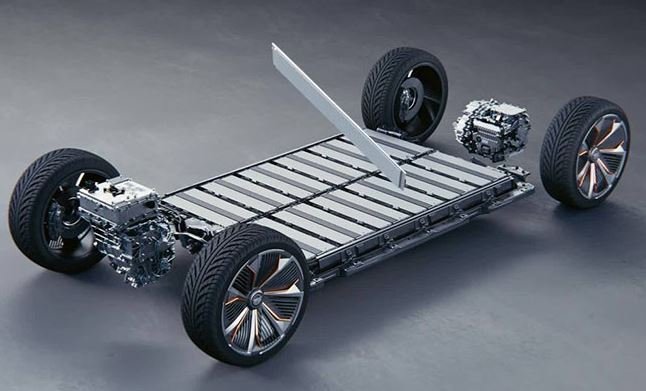NW-Bound
Give me a museum and I'll fill it. (Picasso) Give me a forum ...
- Joined
- Jul 3, 2008
- Messages
- 35,712
And there is no reason it can't do both, right?
These guys already sell and install remanufactured hybrid batteries for almost every brand, and batteries for the Leaf. Why wouldn't they continue to expand to other EVs?
https://www.greentecauto.com/
Japanese car makers are known for making their cars serviceable. And the batteries for hybrid cars are smaller in capacity, compared to full EV.
Batteries of the Leaf can be opened up easily. They are designed and built that way. But perhaps that's why they don't pack as much energy, and the Leaf does not have the range of other EVs.
Look at the internal construction of the old Leaf battery and the new Tesla battery. A huge world of difference.


